With the release of God of War Ragnarök now upon us, it seems like the best time to go back through the God of War franchise and evaluate the best of what the franchise had to offer us. As such, we will be listing all of the mainline God of War games from not-so-good to great. While none of the games on this list are objectively bad games, some were definitely more fun than the rest.
Before we start with this list, we have one God of War game that was not a part of the mainline series, but it still filled in the gaps between games canonically. Due to that, this game is a special mention.
Here are all the God of War games ranked.
Special mention – God of War: Betrayal
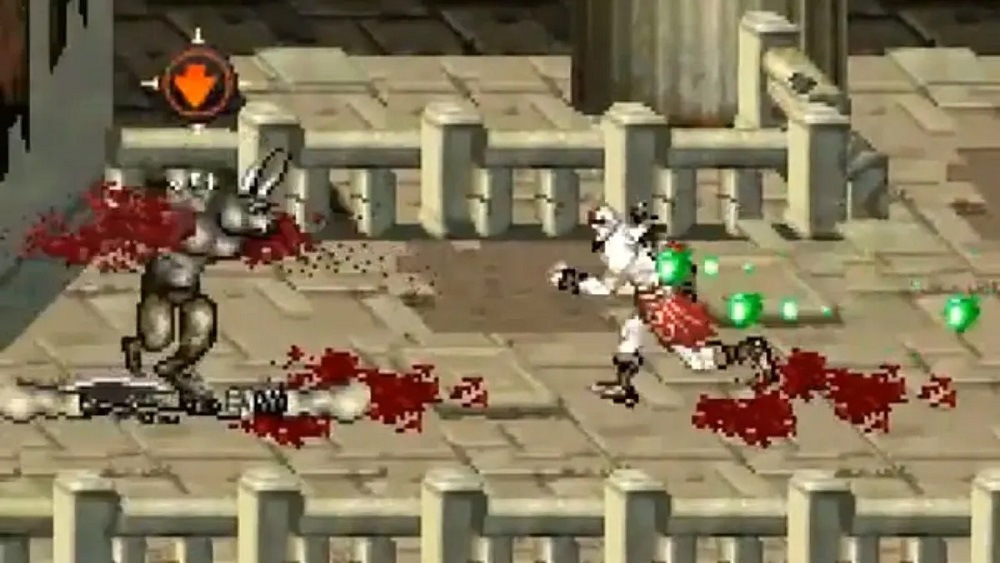
God of War: Betrayal is the only God of War game on this list to not feature on any console. Betrayal was a mobile game created back in 2007, before the Android era of smartphones. This might lead you to think the game was just a random spin-off and not very relevant—but in fact, the opposite was true.
The events of God of War: Betrayal takes place between two other mainline God of War games, Ghost of Sparta and God of War II. Chronologically, this is supposed to be the fifth game in the Greek saga of Kratos, although it was the third game released in the franchise. It is the only 2D side-scroller game in the series as opposed to all of the games being third-person action-adventure games.
In this game, Kratos is framed for the murder of Argos in one of his Spartan campaigns after ascending to godlike status. This angers Zeus who sends Ceryx, the son of Hermes, as a messenger to tell Kratos to refrain from any further violence. Kratos then kills Ceryx, allowing the true assassin of Argos to escape, further alienating himself from the Greek pantheon.
7) God of War: Ghost of Sparta
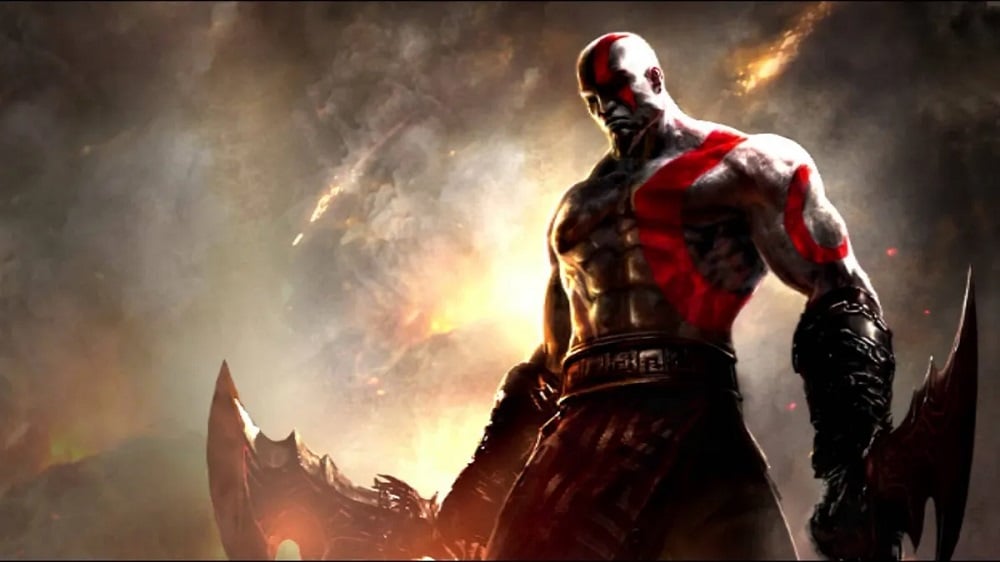
Ghost of Sparta takes place before the events of God of War: Betrayal. After Kratos finally succeeds in killing Ares, the rampant god of war, he takes the throne for himself, becoming the new god of war. Since Kratos was never given what he asked for, a release from his nightmares, he did not feel very obligated to perform his duties as the new god of war and was mostly independent of the rest of the Greek pantheon.
In this game, Kratos embarks on a journey to learn of his origins by finding his mother, Callisto. He is still tormented by visions of himself slaughtering his own family and wants to make it stop. Once he meets his mother, he learns of his brother Deimos who is imprisoned by Thanatos, the god of death. This leads to a fight where Thanatos kills Deimos and is in turn killed by Kratos, further enraging the gods against Kratos.
God of War: Ghost of Sparta was initially released for the Sony PlayStation Portable and was not part of their PlayStation 2 or PlayStation 3 library. This changed later on with the introduction of God of War: Origins Collection, where Ghost of Sparta and Chains of Olympus, the only two PSP games, were ported to the PlayStation 3 and remastered in high definition.
While this is not a bad game by any means, the weight of the other stories on this list with the limited gameplay and graphical capabilities of the PSP dropped it to the bottom of this list.
6) God of War: Chains of Olympus
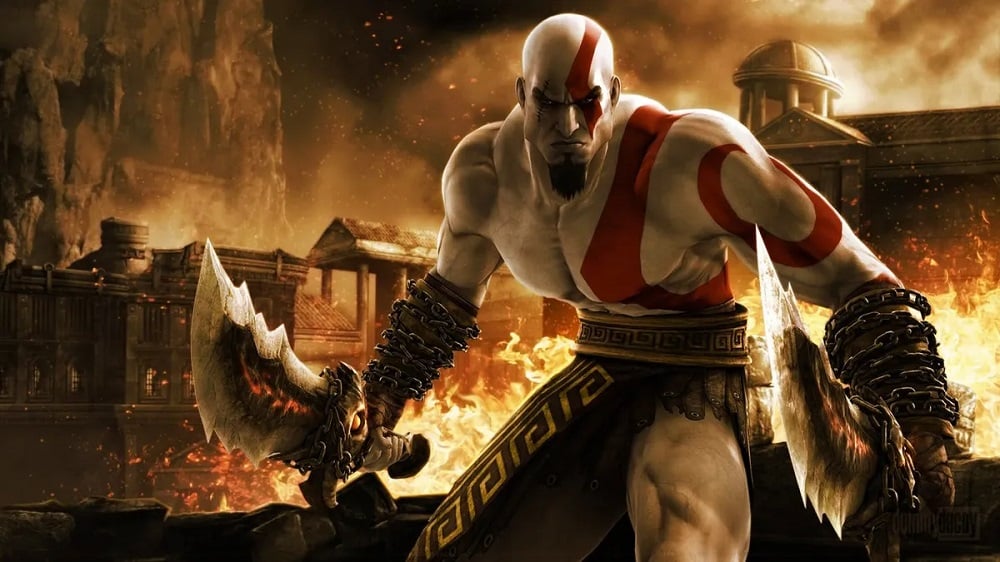
Chains of Olympus takes place before the events of the original God of War, happening directly after God of War: Ascension. While Kratos is still blessed with the power of Ares, he still hasn’t reached the status of godhood in this game yet. He slowly learns of the real reason why Ares favored him so much and what he did to make Kratos more of a heartless weapon of war. Most of this is overshadowed by the game’s major plotline, though.
In God of War: Chains of Olympus, Kratos is tasked to stop a Persian invasion of the city of Attica. During this attack, he learns the entire world has been plunged into darkness by the god Morpheus, leading to several of the major gods falling asleep and being unable to oversee the world. After finding Helios and his daughter Calliope in the underworld, Persephone gives him the choice of renouncing his mortal life to be reunited with his daughter forever.
Kratos willingly does so and, despite this, learns Persephone is using Atlas to destroy the barrier between realms, leaving all the souls in the underworld to die forever, including his daughter Calliope. Enraged by this betrayal, Kratos kills Persephone and leaves Atlas to hold up the world as he chases off Morpheus and goes back to the mortal world with his powers, bringing balance to the realms once more.
For the same reasons as the previous entry, Chains of Olympus is somewhat limited by the PSP’s capabilities and as such, is outshined by the other entries on this list. It was still one of the PSP’s best-performing games though, cementing its relevance in the God of War universe.
5) God of War: Ascension
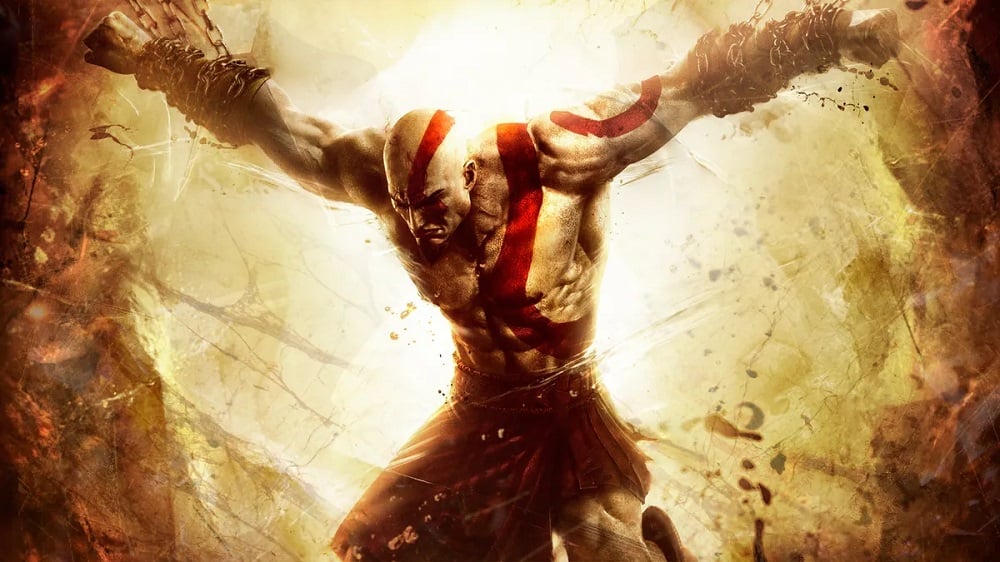
God of War: Ascension is quite a special entry in this list. It’s chronologically the first game in the God of War series and features the events that kick off the entire franchise’s historic story. At the same time, it is also the final entry in Kratos’ Greek saga, which caps off the PlayStation 3 era of God of War games. It is also the only God of War game in the entire franchise to feature online multiplayer.
Related: How to play all God of War games in order
While the multiplayer features of the game didn’t gain a lot of traction, the story definitely more than made up for it. Taking place before Chains of Olympus and six months after Kratos’ accidental slaughter of his own family, Ascension shows us the true purpose behind Ares’ recruitment of Kratos into his ranks as his champion: overthrowing Mount Olympus itself.
When Kratos caught wind of this plan, he chose to not help Ares and was imprisoned by the three Furies for breaking his blood oath to Ares. With the help of new allies, including Ares’ estranged son Orkos, Kratos escapes his confinement and kills all of the Fury sisters. Kratos also kills Orkos who begs him to put an end to his suffering.
Despite Kratos gaining his freedom, the nightmarish visions never stopped, marking the beginning of his long fight against the gods. Even though the game had a compelling plot, following the resounding success of God of War III, many players felt like this game was a step back from the golden era of God of War games. This was also the last God of War game released till the reboot in 2018.
4) God of War II
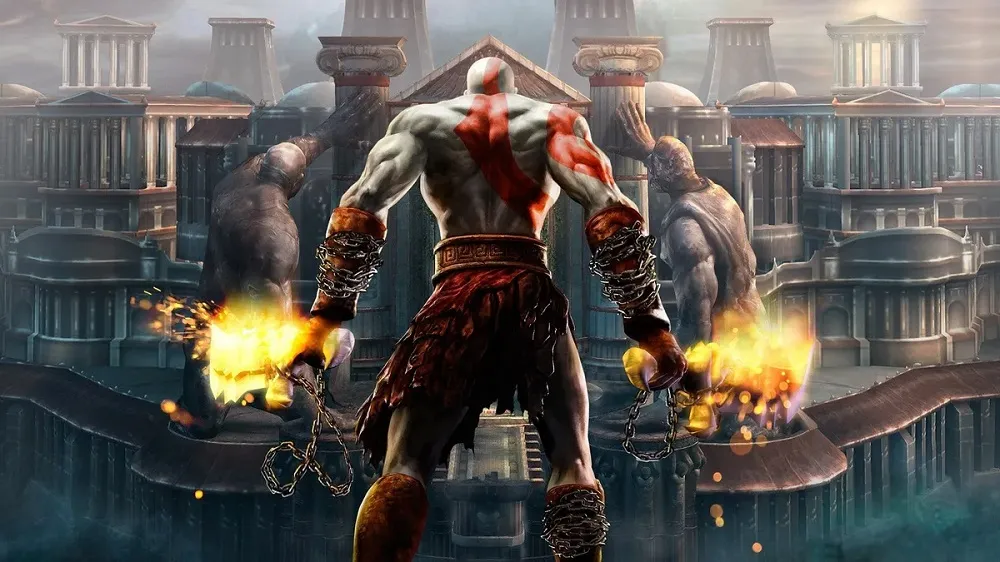
God of War II is the second installment in the God of War franchise and the sixth game in the story chronologically. This game picks off from where Betrayal and Ghost of Sparta left off, placing Kratos in the shoes of the new god of war after the death of Ares. Kratos is none too pleased by this because all he wanted from the gods was a release from his nightmarish visions. Since they failed to rid him of his demons, Kratos acted independently throughout his reign.
This independence was not taken too kindly by the rest of the Greek pantheon and Kratos is then killed by Zeus in return, casting him into the underworld. Kratos then vows revenge on the Olympians and his wish gets reciprocated by Gaia and the rest of the Titans who were imprisoned in Tartarus.
With the help of the Titans’ powers, Kratos breaks free from hell, rewriting his fate after killing the Sisters of Fate before confronting Zeus once more, and killing Athena in the process. Before she dies, she reveals to Kratos that he is in fact, Zeus’ son. With this revelation and revenge on his mind, Kratos frees the Titans from Tartarus and wages war on all of Olympus.
God of War II was definitely a step up from the first game in terms of gameplay and graphics, although it could not match the storytelling of the original game, dropping it one spot below. It was also the final mainline PlayStation 2 game before the series moved on to the PlayStation 3.
3) God of War (2005)
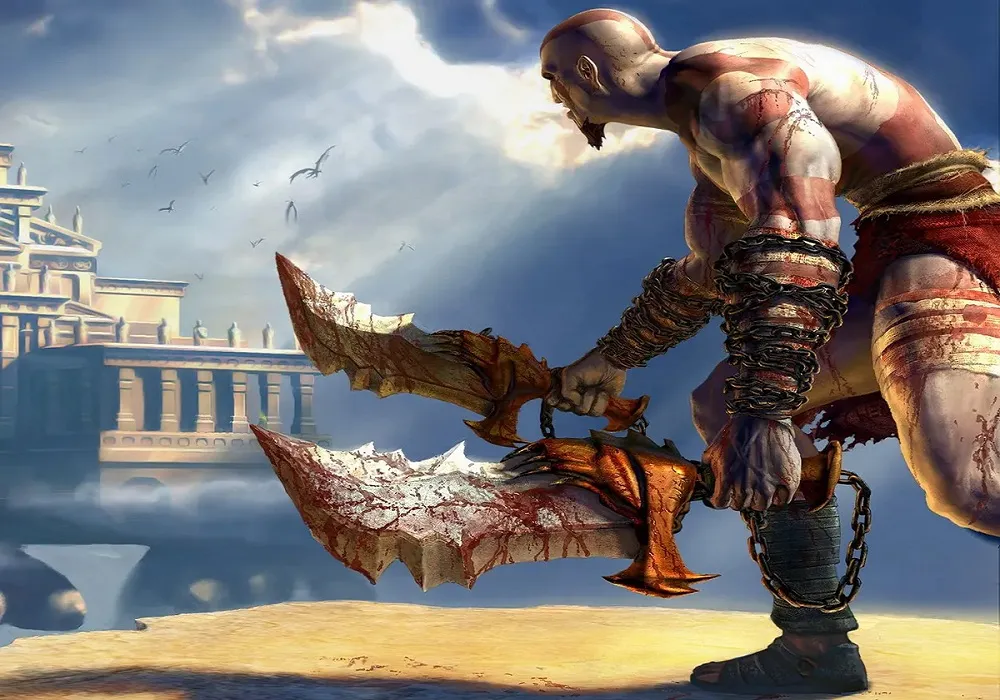
The original God of War game was released back in 2005, an ambitious title published at the height of the action-adventure game era. Despite having serious competition from games like GTA: San Andreas, Splinter Cell Chaos Theory, and Shadow of the Colossus, God of War stood tall. The game received universal acclaim from players and critics, praising the perfect balance between fast-paced combat and puzzle solving.
Players were first introduced to the angry, vengeful Spartan warrior Kratos who immediately resonated with his frustration against his superiors. In the original God of War, Kratos is tasked by the gods to take down the god of war Ares, who has become drunk with power and is attempting to overthrow Mount Olympus.
Kratos was tasked with such a monumental task because he is a mortal and can therefore kill a god if he gained enough power. Throughout the course of the game, Kratos does just that, gaining power from a variety of Greek gods till he finally opens Pandora’s Box to gain the final powerup he needed to kill Ares. This climaxes in a final battle where Kratos finally slays Ares and is rewarded with the position of the new god of war.
2) God of War III
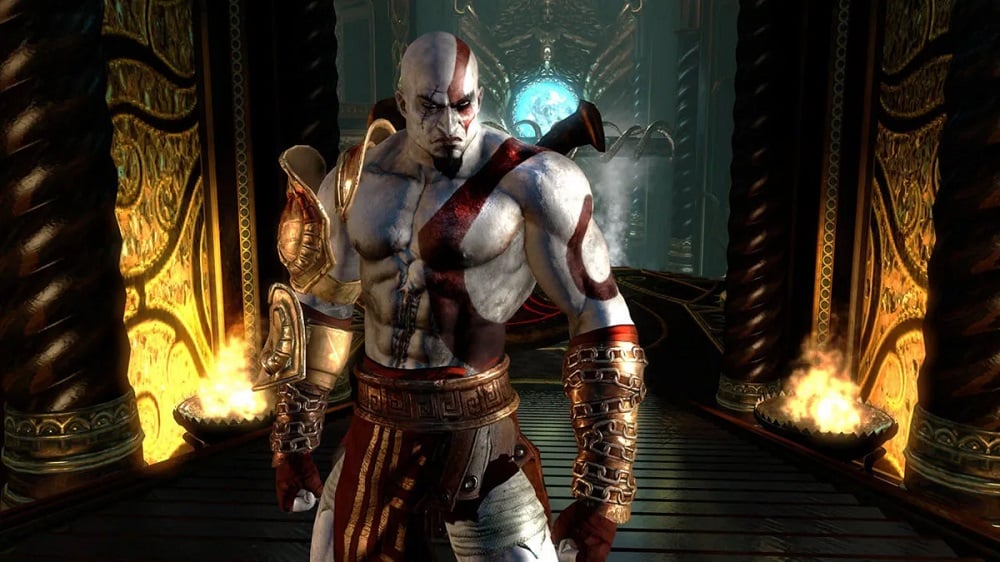
God of War III was the highly anticipated sequel to God of War II, with many players eagerly waiting for its release after the cliffhanger ending of the previous game. It is also the first PlayStation 3 game in the series and featured next-gen graphics for its time while also introducing polished gameplay improvements compared to the PlayStation 2 games.
God of War III picks up exactly where God of War II left off, with Kratos standing on Gaia’s back as the Titans climb up Mount Olympus to declare war on the gods. This game is the culmination of Kratos’ journey through the Greek lands as he runs rampant, taking down all the gods and Titans in his way, leading to a final battle against his father, Zeus.
Throughout the course of the game, Kratos kills Poseidon, Hades, Helios, Hermes, Hercules, Hera, Cronos, Hephaestus, and Gaia before finally killing Zeus himself. Having absorbed all the power of the gods he slaughtered into the Blade of Olympus, the spirit of Athena arrives, telling Kratos to give her the power so she can remake the world once more.
In a final act of defiance, and possibly some guilt, Kratos stabs himself with the Blade of Olympus, releasing all the powers of the gods back to humanity instead. After this, Kratos is left for dead, but in a secret ending, we see a trail of blood leading off the cliff with no Kratos in sight. So what is Kratos’ fate, you ask?
1) God of War (2018)
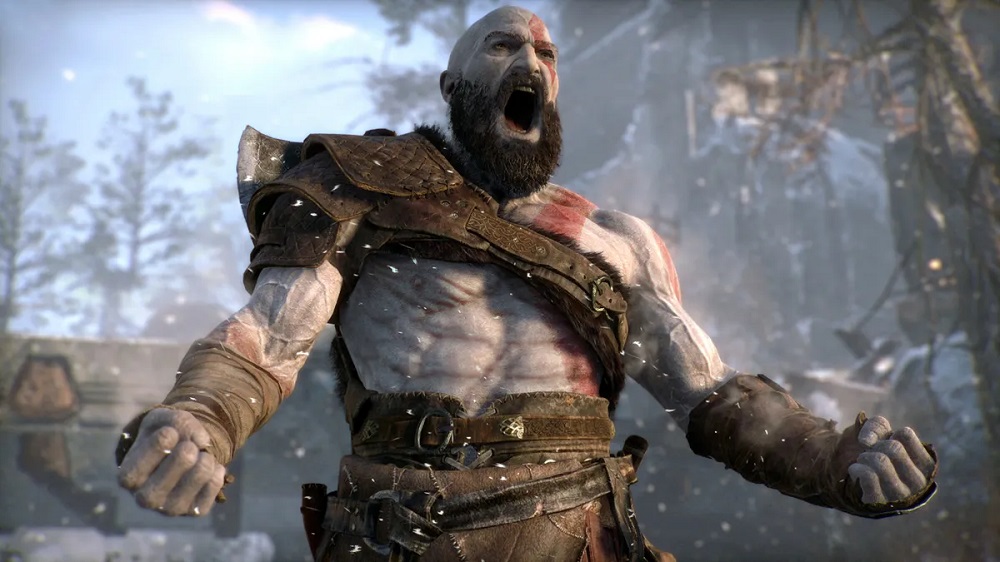
Kratos survives the brutal battle in the Greek lands and somehow makes his way to the realm of Midgard. This marks the beginning of Kratos’ final journey (that we know of) through the Norse lands. This game serves as a series reboot after the underperformance of Ascension. It is also the first PlayStation 4 game in the series and is currently the best-selling God of War game of all time.
The improved combat system alternating between Blades of Chaos and Leviathan Axe added more depth to battles while the gameplay elements from the previous games received a total overhaul. These improvements included fluid movements and a new side-oriented third-person point of view. The new changes exceeded the expectations of players everywhere, making this the best God of War game to date, with Ragnarök looking to follow suit soon.
In this game, Kratos meets his second wife, Faye, and they have a son named Atreus together. Wanting to cast his old life of vengeance behind, Kratos settles in Midgard with his new family having been given a second chance at life. But the chaos follows Kratos wherever he may be because his happy life did not last too much longer.
Following the death of his wife, Kratos and Atreus journey to the highest peak in Jötunheim to scatter her ashes as her final wish. After completing a grueling journey through five of the nine Norse realms, the father and son duo finally make it to Jötunheim to fulfill Faye’s final wish.
This is where Kratos learns of his wife’s giant lineage and his son’s true name, Loki. The end of the game also marks the beginning of the cataclysmic event, Ragnarök, and sets in motion the plot of the final game set in the Norse lands. Will Kratos’ journey continue from here?
Special mention – God of War Ragnarök
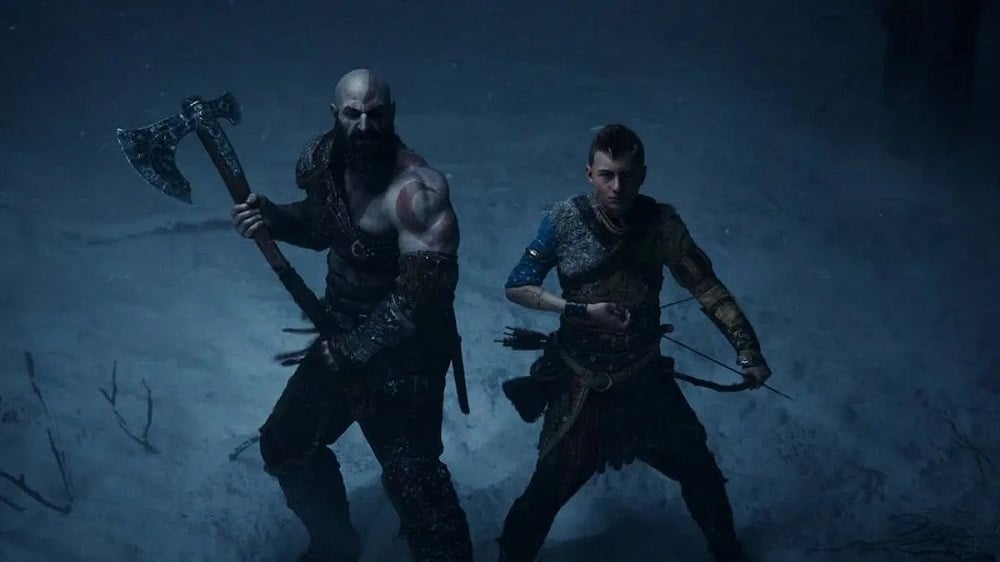
God of War Ragnarök is set to be Kratos’ final journey in the Norse lands. The game was released earlier in November 2022 to universal acclaim, with several players praising the game’s updated graphics and gameplay elements compared to its predecessor. Some complaints do exist, however, especially the backseat gaming that Mimir and Atreus love to do during puzzle sequences, ruining the player’s immersion in the game.
Despite the few flaws, God of War Ragnarök is a solid title. The game picks off where the previous one leaves off, with Kratos and his now teenaged son Atreus, or Loki, preparing for the oncoming cataclysmic event, Ragnarök. This marks Kratos’ final battle against the Norse pantheon, as the father and son duo journey across all nine realms, fighting all manner of beasts.
How does this end? We don’t want to spoil the game and encourage players to pick up this exhilarating action-adventure game to see it through to its conclusion and give Kratos a proper send-off worthy of the mighty god of war.


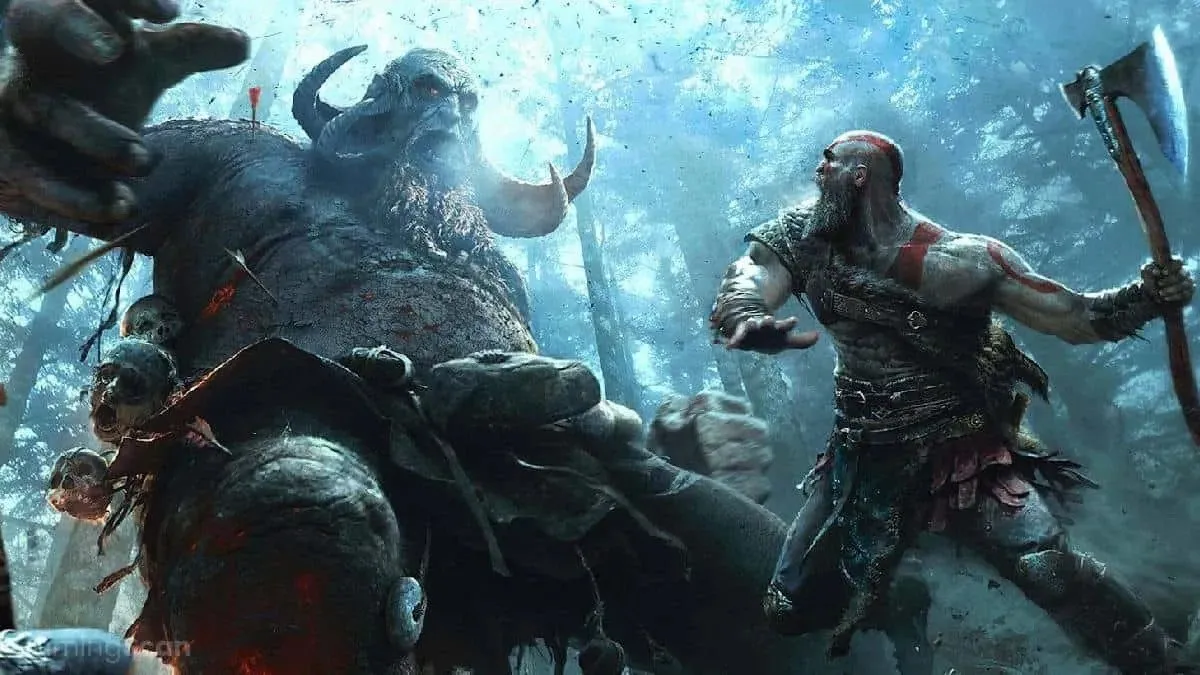
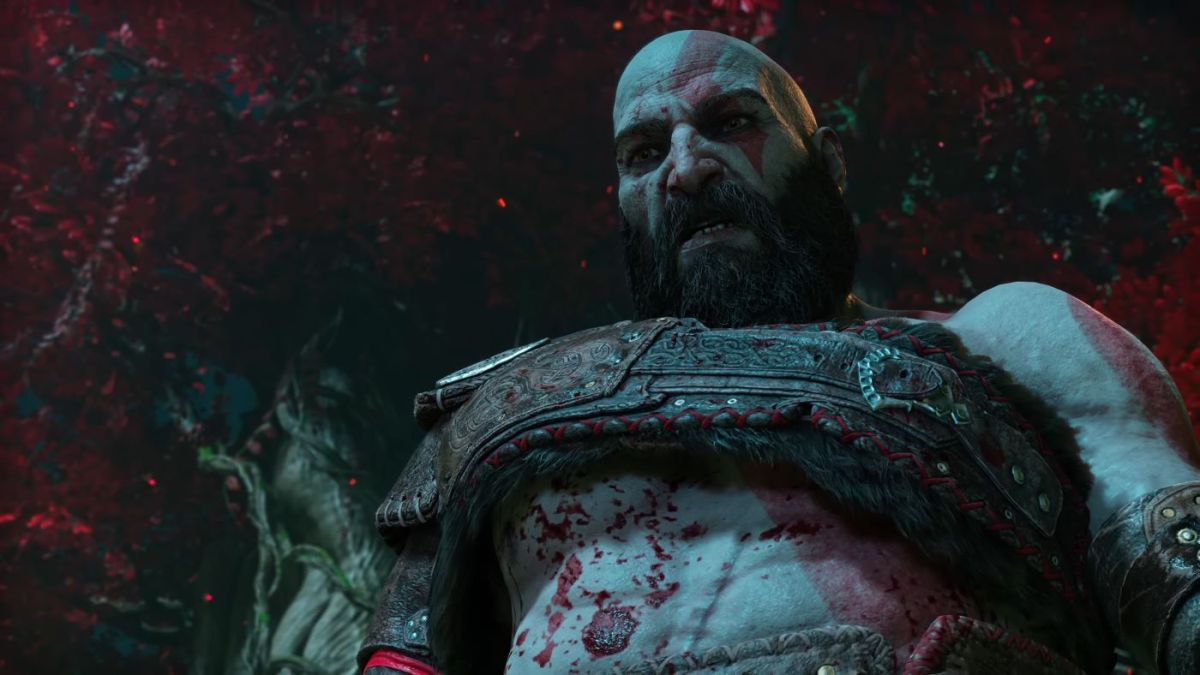
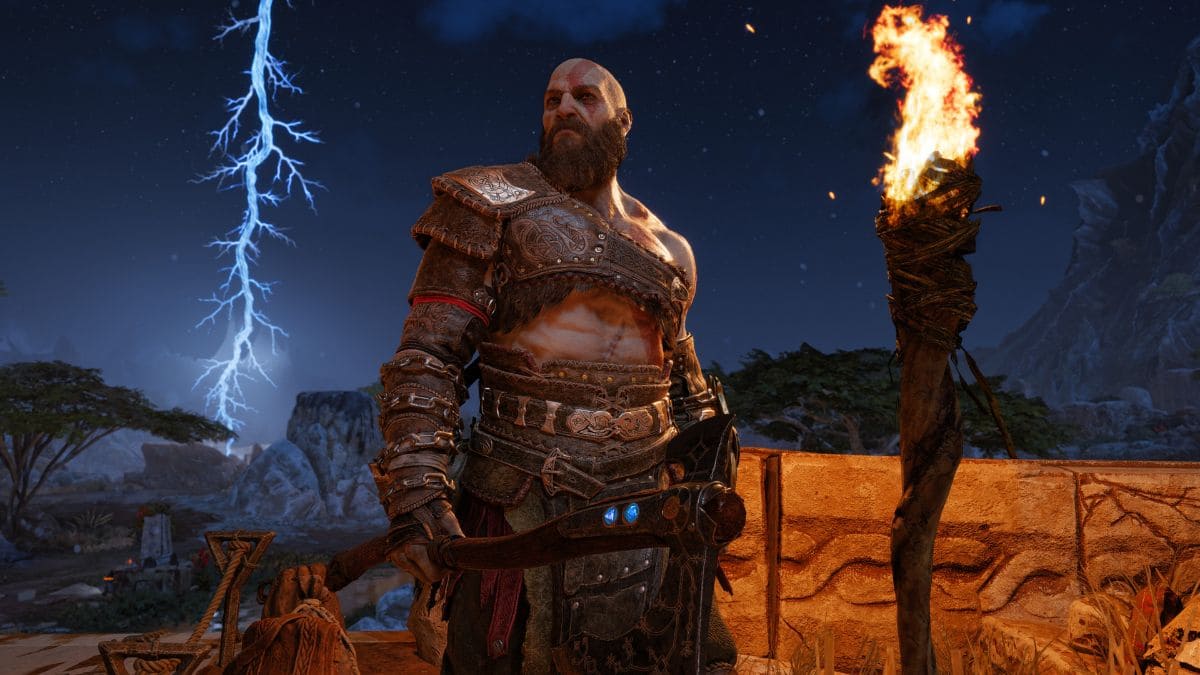
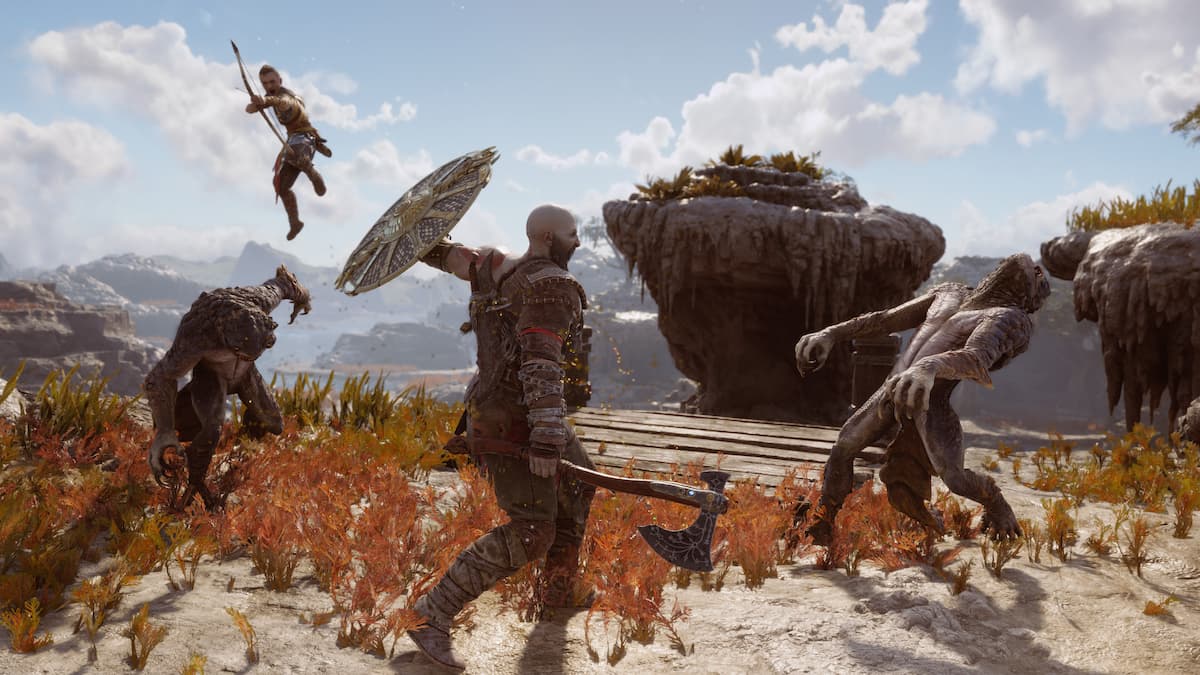
Published: Nov 16, 2022 03:20 am